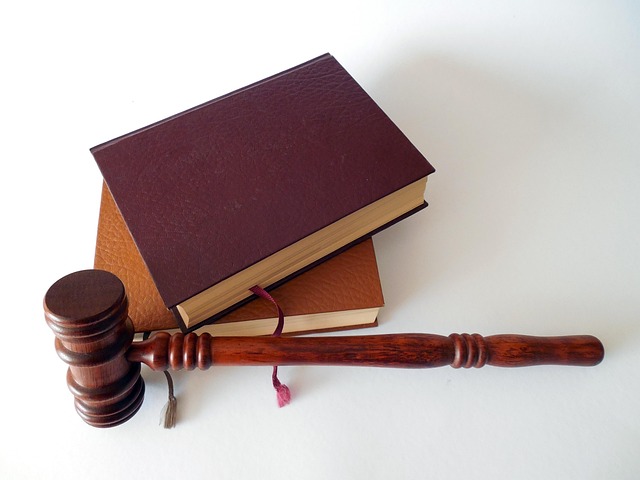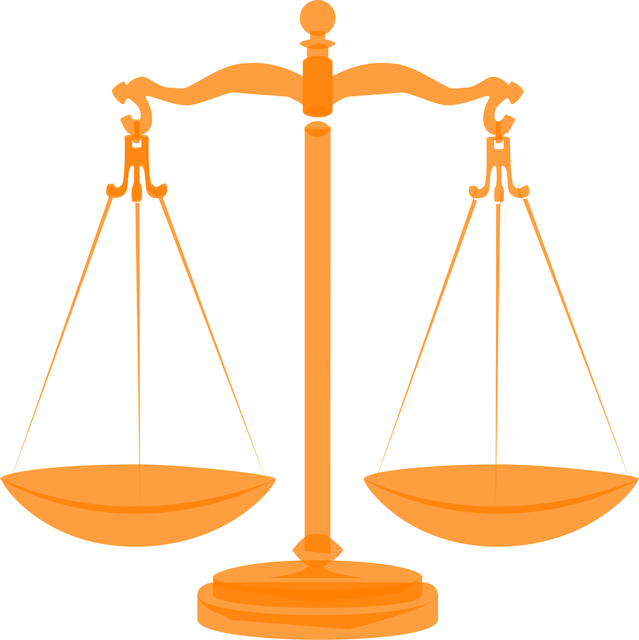Public corruption, including bribery and misuse of funds, significantly impacts consumer protection lawsuits. These lawsuits not only seek compensation in consumer protection lawsuits for financial losses but also address broader social repercussions. Expert attorneys play a crucial role in securing substantial compensation, holding wrongdoers accountable, and promoting transparency. Successful cases send powerful messages, deter future misconduct, and foster integrity across industries. Preventive measures, like robust anti-corruption legislation and whistleblower protection, coupled with multi-faceted collaboration, aim to drive positive change by addressing systemic issues and ensuring compensation in consumer protection lawsuits as a catalyst for broader reform.
Public corruption charges represent a significant challenge to societal integrity, with far-reaching implications for consumer rights. Understanding these charges is crucial in navigating the complex legal landscape of consumer protection. This article explores how consumer protection lawsuits play a pivotal role in combating corruption, with a specific focus on compensation. We delve into successful case studies and discuss preventive measures, highlighting the importance of consumer rights advocacy in ensuring justice and fair practices. By examining compensation in consumer protection lawsuits, we uncover strategies to hold corrupt entities accountable.
- Understanding Public Corruption Charges: Definition and Legal Implications
- The Role of Consumer Protection Lawsuits in Tackling Corruption
- Compensation in Consumer Protection: A Legal Perspective
- Case Studies: Successful Consumer Protection Suits Against Corrupt Entities
- Preventive Measures and Future Prospects for Consumer Rights Advocacy
Understanding Public Corruption Charges: Definition and Legal Implications

Public Corruption Charges refer to instances where individuals in positions of power or authority abuse their office for personal gain or benefit. This can manifest in various forms, including accepting bribes, misusing public funds, or engaging in illicit political deals. Such charges carry significant legal implications and often attract intense media scrutiny. Understanding these charges is crucial for both victims seeking justice and general criminal defense attorneys navigating complex cases.
In the context of Consumer Protection Lawsuits, public corruption can impact compensation. When a company or individual engages in corrupt practices, it may result in damages that extend beyond financial losses. This includes harm to the reputation of the respective business and the trust of philanthropic and political communities. As such, legal strategies must consider not just monetary compensation but also the broader effects of such misconduct on society at large.
The Role of Consumer Protection Lawsuits in Tackling Corruption

In the fight against public corruption, consumer protection lawsuits play a pivotal role by holding accountable those who engage in unethical and illegal practices. These legal actions serve as a powerful tool to seek justice and compensation for victims, sending a strong message that such misconduct will not be tolerated. By combining financial deterrents with criminal penalties, consumer protection laws create an environment where white-collar criminals face significant consequences.
Consumer Protection Lawsuits offer a unique approach in tackling corruption by enabling affected individuals to come forward and demand accountability. The pursuit of compensation in these cases is not merely about financial restitution but also about ensuring that businesses operating across the country adhere to ethical standards. Through winning challenging defense verdicts, victims can recover losses and set precedents that deter future corrupt activities, fostering a fairer and more transparent marketplace for all participants.
Compensation in Consumer Protection: A Legal Perspective

In the realm of consumer protection lawsuits, compensation plays a pivotal role in ensuring justice and deterring future misconduct. From a legal perspective, consumer protection laws are designed to safeguard individuals from unfair, deceptive, or fraudulent practices by businesses. When public corruption charges are involved, these laws become even more crucial, as they provide a mechanism for holding powerful entities accountable. Compensation in such cases not only serves as a financial redress but also sends a strong message across the country, deterring similar behaviors and encouraging transparency.
Expert legal counsel specializing in consumer protection lawsuits are instrumental in navigating this complex landscape. Their goal is often to secure substantial compensation for their clients, avoiding indictment and ensuring that wrongdoers are held liable. By employing strategic litigation tactics and leveraging relevant laws, these attorneys fight for a fair and just outcome, ultimately fortifying the integrity of public systems and markets across the nation.
Case Studies: Successful Consumer Protection Suits Against Corrupt Entities

In recent years, several successful consumer protection suits against corrupt entities have served as powerful case studies, demonstrating the effectiveness of legal action in holding white-collar and economic criminals accountable. These cases not only secure justice for victims but also send a strong message to potential wrongdoers within both the philanthropic and political communities. By pursuing litigation, consumers can achieve significant compensation in consumer protection lawsuits, which acts as a deterrent and promotes ethical business practices.
One notable example involves a class-action suit against a major corporation accused of fraudulent marketing tactics. Through meticulous legal strategy and robust evidence, the plaintiffs secured a substantial settlement, ensuring not only financial redress for affected consumers but also implementing changes to the company’s practices, thus preventing future instances of deception in the market. This triumph highlights how consumer protection laws can be wielded as a powerful tool against corruption, fostering integrity within the corporate and political spheres.
Preventive Measures and Future Prospects for Consumer Rights Advocacy

Preventive measures play a pivotal role in combating public corruption charges and safeguarding consumer rights. Robust anti-corruption legislation and stringent enforcement mechanisms are essential to deterring wrongdoings. These measures include transparency in government processes, access to information for citizens, and robust whistleblower protection. By empowering individuals to participate actively in the investigative and enforcement process, at all stages, from reporting to trial, a culture of accountability can be fostered.
Looking ahead, consumer rights advocacy can benefit from the involvement of both the philanthropic and political communities. Collaborative efforts between non-profits, legal aid organizations, and government agencies can enhance prevention strategies. Moreover, leveraging technology for better data collection and analysis can help identify patterns and vulnerabilities, ensuring that compensation in Consumer Protection Lawsuits is not just a remedy but a catalyst for systemic change. This multifaceted approach, involving corporate and individual clients alike, will be crucial in navigating the complex landscape of consumer protection and driving positive, lasting change.
Public corruption charges play a pivotal role in upholding consumer rights, with consumer protection lawsuits serving as a powerful tool to combat unethical practices. By leveraging compensation in consumer protection lawsuits, individuals and advocacy groups can hold corrupt entities accountable while promoting transparent business conduct. The success of case studies highlighted in this article demonstrates the effectiveness of such legal strategies. Moving forward, strengthening preventive measures and fostering public awareness will be crucial in ensuring consumer rights advocacy remains a dynamic and impactful force against corruption, ultimately leading to a more equitable and just marketplace.






